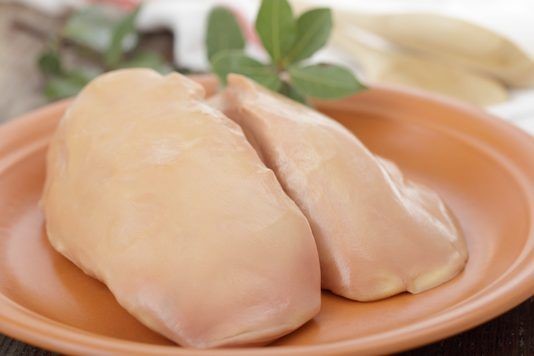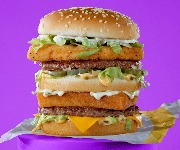Should foie gras production be banned?

Ocado has become the latest retailer to stop stocking the French delicacy. Is the end nigh for foie gras?
The debate surrounding foie gras is a pretty lopsided one. It is difficult to reconcile the ephemeral pleasure derived from eating the stuff with the simple and indisputable fact that its production is a cruel affront to animal welfare and general humanity.
How it’s made
It is created thusly. A duck or goose gets to live a life of relative, waddling happiness for somewhere between two and three months. For the final three weeks of its life, however, it is force fed grain thrice daily until its liver swells to eight times the normal size. This creates, as Harold McGee puts it, “a kind of living pate, ingeniously prepared in the growing bird before it’s slaughtered”.
Open wide
The gavage – force-feeding – is brutal. Flimsy protestations in favour of foie gras production argue that birds have no gag reflex, have something approaching leather for gullets, and breathe through their tongues. The gavage doesn’t bother the animals at all. They get cuddled. This video would suggest otherwise.
Food writer, presenter, and possible sex addict Anthony Bourdain (he makes everything about sex) would have it that those opposed to foie gras are but “a few twisted, angry people”. But the reality is that anti-foie gras sentiment is growing exponentially.
Is a ban one step nearer?
This week Ocado became the last of the supermarkets to stop selling foie gras, following a campaign by PETA, and they’re by no means the first of the more upmarket retailers to boycott it. Harvey Nichols and Selfridges no longer stock foie gras, while caterers for Wimbledon and the RSC have also ceased from serving it. Foie gras is very much a gastronomic leper.
Tasty
The problem is that it tastes so damn good. It is, as Larousse Gastronomique puts it, “the supreme fruit of gastronomy” – the softest, sweetest, most unctuous, decadent, morsel that will ever touch your tongue. Its ability to beguile and seduce is greater than that of any other food. I know many people who have vowed never to eat foie gras again, only to find themselves mechanically and irresistibly bringing it to their lips when it is put in front of them.
Somehow, fleeting pleasure outweighs guilt.
There is a middle ground, though it is one that foie gras purists are somewhat sniffy about: ethical foie gras. Foie gras came into being some 5000 years ago, when the ancient Egyptians noticed that in the autumn, when migratory birds were fattening up for winter, their livers became extraordinarily delicious.
A different way
In Extremadura, Eduardo Sousa follows the same natural principles. His geese live happy, free range lives, gorging at will on figs and spices and herbs. No tubes are rammed down their throats, no feeding is forced, and the end product is, as chef Dan Barber discovered, astonishing. No animals were harmed in the making of this delicacy. Well, not until the end anyway. The goose still gets it.
Of course for the French no gavage means it’s not real foie gras, and when Sousa’s product won an award at the Paris International Food Salon there were all sorts of accusations of bribery and mischief. For many, or at least the French, true foie gras must always come with a soupcon of cruelty.
Other abusive production methods
In the gastronomic scheme of things I’m not convinced foie gras should be top of the agenda for food activists and organic, ethical locabores. The state of fishing, super farms, battery hens, general conditions for intensively-reared poultry and piggies – these are giddy-making issues.
But it is myopically, patently wrong to suggest that the production of foie gras isn’t on some level cruel and unnatural. Is it more cruel and unnatural than, say, sticking a hen in a cage so small it can’t move and harvesting its eggs? I don’t think so. Yet to eat it and deny the suffering wrought in its production is to eat with your eyes closed.
Where do you stand on foie gras?
Most Recent
Comments
Be the first to comment
Do you want to comment on this article? You need to be signed in for this feature








